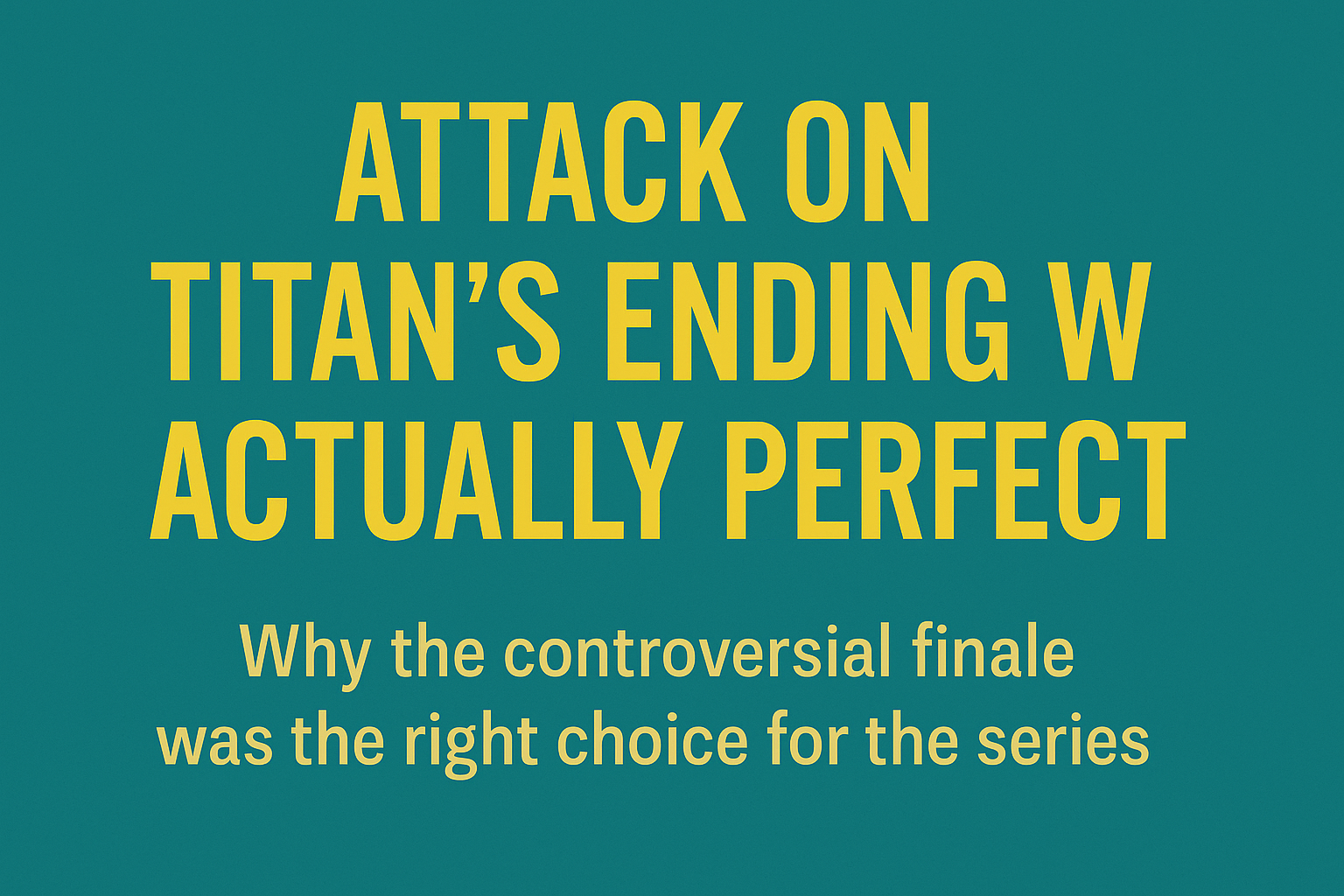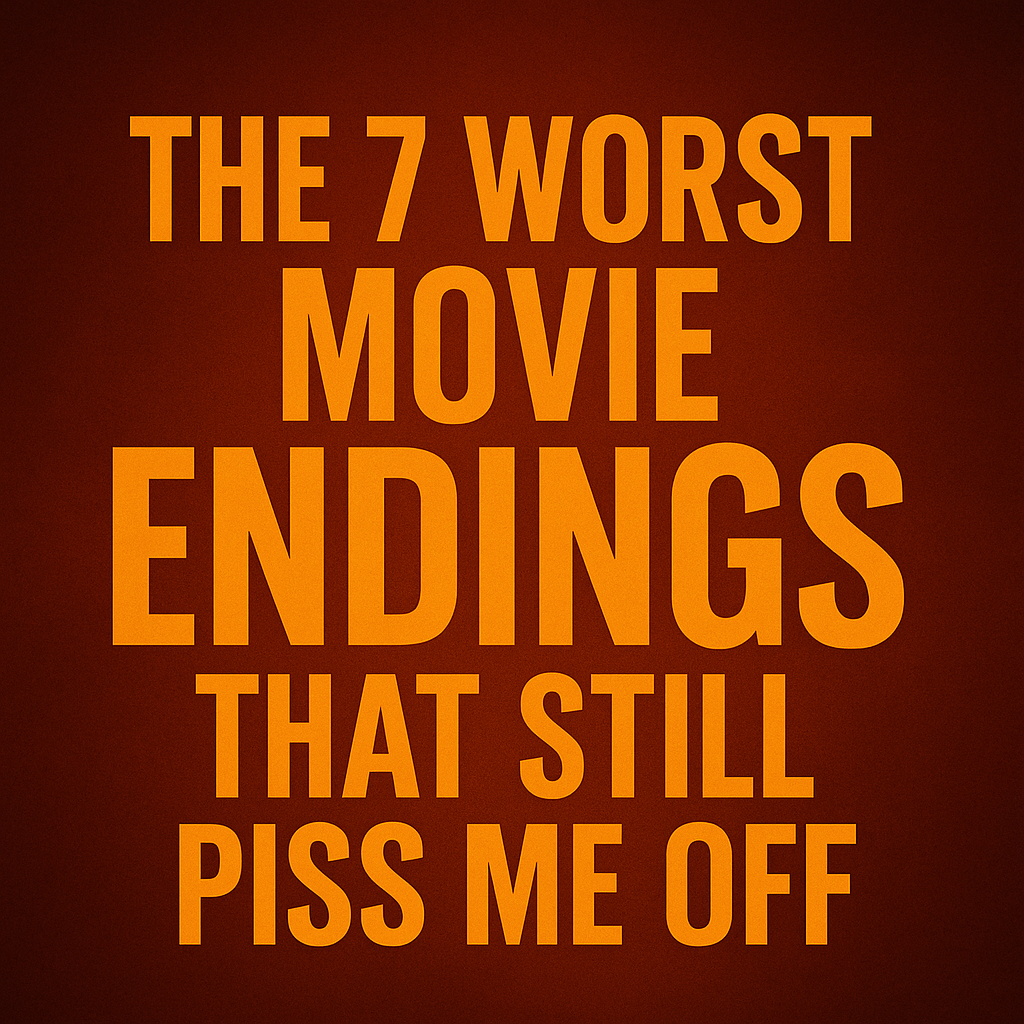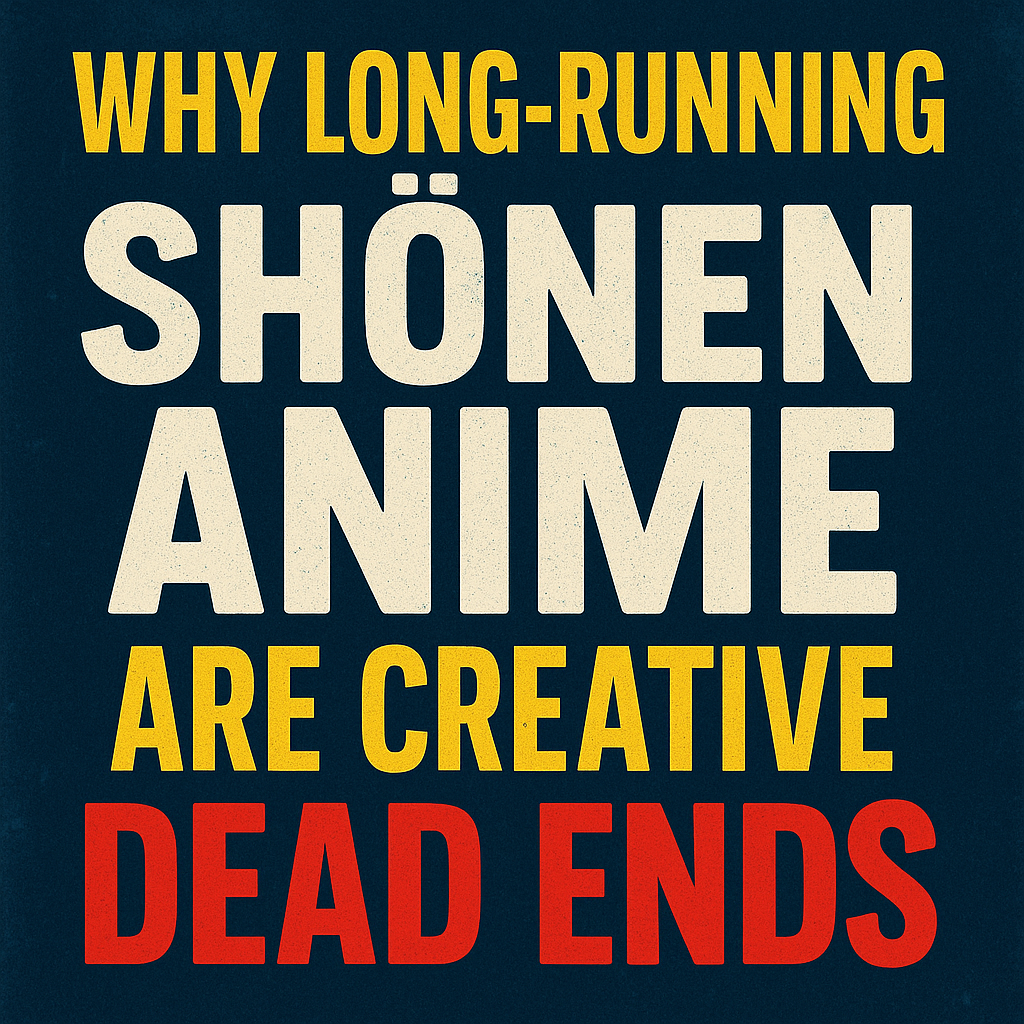Let me start with a confession: I genuinely loved Attack on Titan’s ending. Yes, you read that right. While half the internet was having a collective meltdown over Eren’s final moments and Mikasa’s choice, I was sitting there thinking, “This is exactly how it should have ended.”
Before you grab your pitchforks, hear me out.
The Ending Everyone Loves to Hate
For those who need a refresher: Eren becomes the ultimate villain to unite the world against him, Mikasa kills the love of her life to save humanity, and we get a time-skip showing the cycle of violence continuing. The fandom exploded. “Character assassination!” they cried. “Plot holes!” they screamed. “Isayama ruined everything!”
But here’s the thing – they missed the point entirely.
Why the “Character Assassination” Claims Are Wrong
Eren was always this person. Go back and rewatch Season 1. This is the same kid who brutally murdered two adult traffickers at age nine. The same person who declared “I’ll kill every last titan” with genuine bloodlust. Eren didn’t become a monster – he always was one, and that’s exactly what made him compelling.
The ending doesn’t betray his character; it completes it. Eren’s final confession to Armin – that he wanted to flatten the world, that he doesn’t fully understand his own motivations – is the most honest thing he’s ever said. It’s messy, contradictory, and human. Just like real people’s motivations often are.
Mikasa’s choice was earned. Yes, she killed Eren. Yes, she loved him. These aren’t contradictory – they’re the point. The strongest person in the series wasn’t defined by physical strength, but by her ability to do what was right even when it destroyed her. That’s not character assassination; that’s character completion.
The Cycle of Violence Isn’t a Plot Hole – It’s the Point
The biggest complaint I see is about the final pages showing Paradis Island eventually getting bombed. “What was the point of everything if war continues?”
That’s… exactly the point.
Attack on Titan was never about ending all conflict forever. It was about the futility of trying to break cycles of hatred through violence. Eren’s genocide didn’t create lasting peace – it just reset the board. The message isn’t that his actions were pointless; it’s that genocide is always pointless.
This isn’t a plot hole. It’s the thesis statement.
The Ending Validates the Entire Series
Every major theme gets addressed:
- Freedom: Eren got his twisted version of freedom, but it cost him everything meaningful
- Love: Mikasa’s love for Eren was what ultimately saved the world
- Sacrifice: The Survey Corps’ motto “dedicate your hearts” gets its ultimate expression
- The price of hatred: Eren’s path leads to exactly what he feared most – the continuation of the cycle
The ending doesn’t contradict these themes; it crystallizes them.
It’s Not Perfect Because It’s Happy – It’s Perfect Because It’s True
Good endings don’t have to be satisfying. They have to be right.
The ending is devastating because it’s supposed to be. Eren dies hated by the world he tried to save. Mikasa loses the person she loved most. The cycle continues because that’s what cycles do – they continue until someone chooses to break them differently.
The real tragedy isn’t that Eren failed – it’s that he succeeded at becoming exactly what he fought against in the beginning: a monster who devours humanity.
The Real Reason People Hate It
Let’s be honest: people wanted a power fantasy ending. They wanted Eren to succeed in his genocide and live happily ever after with Mikasa and Historia. They wanted the “based Eren” memes to be vindicated.
But Attack on Titan was never that kind of story. It was always a tragedy about how trauma and hatred perpetuate themselves. The ending doesn’t betray that – it honors it.
Why This Matters for Anime Storytelling
This ending matters because it refuses to sanitize its message. It doesn’t give us easy answers or comfortable resolutions. It says that some problems don’t have clean solutions, and that’s okay – that’s important.
In a medium that often relies on friendship speeches and power-of-will victories, Attack on Titan dared to end with complexity and moral ambiguity. That’s not a failure; that’s evolution.
The Bottom Line
Attack on Titan’s ending is perfect precisely because it’s imperfect. It’s messy, tragic, and doesn’t give us the catharsis we wanted. But it gives us something better: truth.
Eren’s story was always going to end in tragedy. The only question was whether that tragedy would have meaning. The ending ensures it does.
So yes, I’m defending this ending. Not because it made me happy, but because it made me think. And years later, we’re still talking about it.
That’s what great endings do.
What do you think? Am I completely wrong about this? Drop your hottest takes in the comments – I promise I’ll read every single one, even if you think I’m an idiot.




Leave a Reply